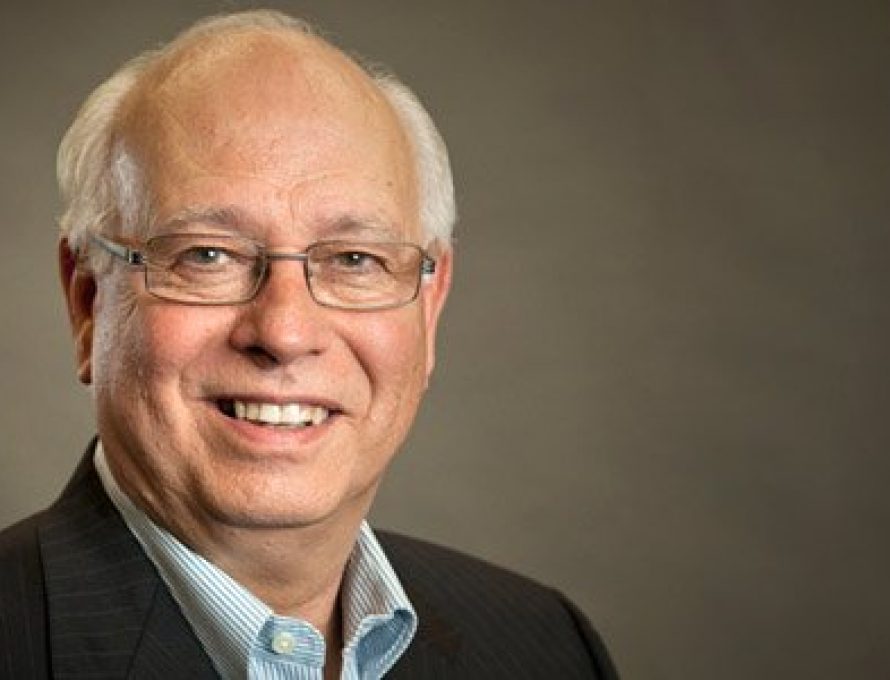You don’t lead very long until you experience an opportunity to be a minority voice in the context of a monumental decision. You study and work hard to find amenable solutions, but the majority chooses to follow a course with which you disagree.
Many times, people in the minority simply walk away . . . angry. In the context of church life, I have witnessed through the years a multiplicity of inappropriate actions and attitudes. Sometimes people in the minority sour and express themselves with an “attitude,” or those in majority strut their “rightness.” A win/lose scenario in the church is not what the Lord had in mind as He prayed in John 17:21, “May they all be one, as you, Father, are in Me and I am in You. May they also be in Us, so that the world may believe You sent Me.”
Here are some reminders for Christ-followers who are the minority in a monumental decision:
1. Continue to worship the King—living is to be an act of worship. We start our day praising and praying. We end our day with dirt on our hands from whatever work we do and give thanks to Lord for His presence, provision, and power. Part of the rhythm of life is daily practicing the presence of the Lord and being a joyful testimony of God’s power to redeem us from sin through the Lord Jesus Christ.
2. Recognize you live for God’s purposes and not your own. If I don’t get my way, as a Christ-follower, I must yield my fleshly attitude to the Lord. “I am crucified with Christ . . .” (Gal. 2:20) is the platform for our actions and attitudes. We don’t have the luxury to live for ourselves or for our BFFs. We live for His purposes.
As Baptists, we have the firm belief that if the Word of God has addressed an issue, that word is the will of God for people, potentates, and nations for all time. When the Word of God has not addressed a specific issue, then Baptists have a tradition that the will of God rests in the majority.
Consequently, we yield to the will of the majority of the redeemed. No matter which side we are on, humility, not argumentation, must characterize our thoughts. We must never demonize people who voted differently than we do.
3. Refuse to allow a root of bitterness to dwell. When things don’t swing our way, we can easily adopt a posture characteristic of bitterness. Or, when the unintended consequences show up, we think or say, “I told you so.” Such an attitude does not help people find solutions. It simply stirs up the lingering past resentment we have harbored in our hearts.
4. Reject the temptation to weaponize giving. All this media attention, lack of clarity on complex legal issues, and bashing of brothers and sisters in Christ has motivated some leaders in recent days to question support of SBC cooperative ministries. “We are just going to escrow our CP giving,” or, “We are gonna cut the giving until they get their act together.” This is sad, especially when you consider the comprehensive ministry being done for the glory of the Lord through our giving.
My counter-part in Georgia, Thomas Hammond, recently said about our Cooperative Program-supported ministries, “I promise you—America does not want Southern Baptists to go away. We are the ones feeding the hungry, clothing the poor. We’re the ones helping young women escape human trafficking. We are the ones alongside hurricane victims to help them get their lives back to normal.”
He was speaking to pastors in Georgia about Georgia Baptists on mission together. The same could be said about Missouri Baptists. Because of the generosity of Missouri Baptists through their giving to the Cooperative Program and the Missouri Missions Offering, amazing testimonies emerge from our collective work. You and your church are part of everything we do together. God is transforming lives through our disaster relief work, our Missouri Baptist Children’s Home, our Baptist Home & Healthcare Ministries, our three universities, collegiate campus ministries, church plants, pastor care, and so much more.
“But what about those who seem to be bad actors among Southern Baptists?” I know that is frustrating. I confess my own frustrations at times. But let us recapture the perspective of the greater good we do together and view it in an eternal perspective.
5. Above all else—love one another. Loving is a choice we make. It means we give one another, including those we disagree with, the benefit of the doubt. It means we work at trying to care for those who are wounded among us. It means we care for those who have been mistreated or those who mistreat us. Jesus said in Matthew 5:43-44, “You have heard it said, love your neighbor and hate your enemy. But I tell you, love your enemies [those you disagree with] and pray for those who persecute you…” (CSB).
There is an incredible level of tension in our Southern Baptist family right now. Many things on social media have turned demanding, ugly, and ungodly. It is an important time to come together, be patient with one another, and seek to walk in peace and civility.
None of us knows what tomorrow holds. The SBC’s Executive Committee and the SBC’s Sexual Abuse Task Force have monumental investigations to do. Pray that the Lord gives us wisdom and a sense of unity that will refocus our energies on bringing help, hope, and restoration among the people of God so that we can humbly, yet confidently take the gospel to the ends of the earth.

